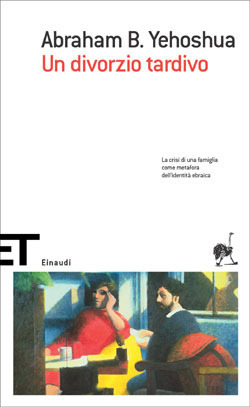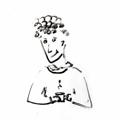ralentina reviewed Un divorzio tardivo by Abraham B. Yehoshua
Another book I should possibly not have read again
3 stars
Yehudà Kaminka returns to Israel after years of absence to obtain a divorce because, as we are soon to find out, he's about to have a kid. Each chapter covers one of the nine days leading up to Jewish Easter, and revolves around a different member of his disfunctional Israeli family: his grandson, son and daughter in-law, his wife (locked up in a mental institution), his daughter and his two sons. All of them are very three-dimensional and flawed human beings. It is a masterfully constructed family-saga, and even if I started to lose interest in the second half, that has probably more to do with my mood than the book.
Masteful or not, however, this book is pretty problematic. The two gay men in it (the youngest son and an older ultra-orthodox man who is madly in love with him) are duplicitous and pathetic, respectively. Given the book was …
Yehudà Kaminka returns to Israel after years of absence to obtain a divorce because, as we are soon to find out, he's about to have a kid. Each chapter covers one of the nine days leading up to Jewish Easter, and revolves around a different member of his disfunctional Israeli family: his grandson, son and daughter in-law, his wife (locked up in a mental institution), his daughter and his two sons. All of them are very three-dimensional and flawed human beings. It is a masterfully constructed family-saga, and even if I started to lose interest in the second half, that has probably more to do with my mood than the book.
Masteful or not, however, this book is pretty problematic. The two gay men in it (the youngest son and an older ultra-orthodox man who is madly in love with him) are duplicitous and pathetic, respectively. Given the book was originally written in the 1980s, that's pretty rubbish. But not as rubbish as the fact that there are basically no Palestinians in the story (except, I think, a serviceable waiter at one point). There is clearly so much affection for Israel, and so much head-shaking about this problematic, not-fully-realised homeland for the Jewish people, but without any doubt about in the righteousness of Zionism. I think Yehoshua was the quintessential left-wing Zionist, desiring peace and coexistence while embracing Jewish/Israeli nationalism, and the idea that the Jewish diaspora is falling short of some ideal of strong Jewishness. At this point in time, it is hard to be understanding of this view. I originally read this book in my first year at university, and loved it.

